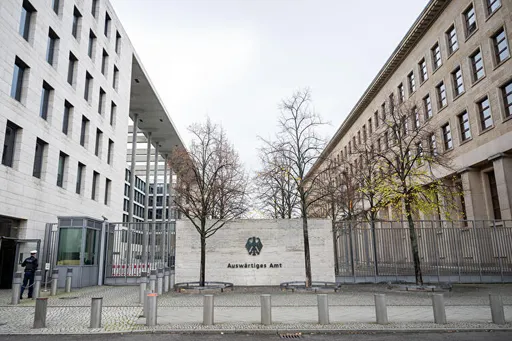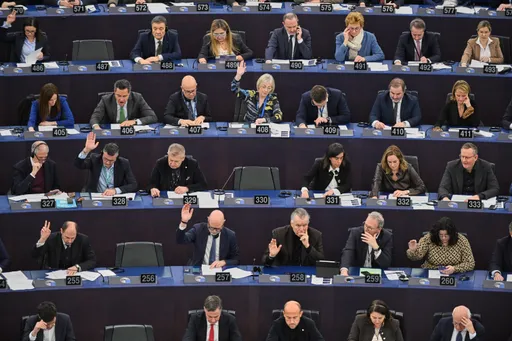Economists have warned that 2023 will be a tougher year for the world economy, citing "a number of crises".
The current year was supposed to be the comeback year for the world economy following the Covid pandemic.
Instead, 2022 was marked by a new war, record inflation and climate-linked disasters. It was a "polycrisis" year, a term popularised by historian Adam Tooze.
Get ready for more gloom in 2023.
"The number of crises has increased since the start of the century," said Roel Beetsma, professor of macroeconomics at the University of Amsterdam
"Since World War Two we have never seen such a complicated situation," he told AFP.
After the Covid-induced economic crisis of 2020, consumer prices began to rise in 2021 as countries emerged from lockdowns or other restrictions.
Central bankers insisted that high inflation would only be temporary as economies returned to normal. But Russia's invasion of Ukraine in late February sent energy and food prices soaring.
Many countries are now grappling with cost-of-living crises because wages are not keeping up with inflation, forcing households to make difficult choices in their spending.
"Everything has become more expensive, from cream to wine and electricity," said Nicole Eisermann from her stand at the Frankfurt Christmas market.
READ MORE: Oil rockets, gold tops $2,000 as Ukraine war hits global economy
Crisis in Europe
In the 27-nation European Union, 674 billion euros ($704 billion) have been earmarked so far to shield consumers from high energy prices, according to the Bruegel think tank.
Germany, Europe's biggest economy and the most dependent on Russia energy supplies, accounts for 264 billion euros of that total.
One in two Germans say they now only spend on essential items, according to a survey by EY consultancy.
"I am very careful but I have a lot of children and grandchildren," said Guenther Blum, a shopper at the Frankfurt Christmas market.
European Central Bank president Christine Lagarde warned that eurozone inflation had yet to peak and sent a clear signal that the ECB would maintain its tightening policy.
Economists expect Germany and another major eurozone economy, Italy, to fall into recession. Britain's economy is already shrinking. Rating agency S&P Global foresees stagnation for the eurozone in 2023.
But for Beetsma, the biggest crisis is climate change, which is "happening in slow motion".
Natural and man-made catastrophes have caused $268 billion in economic losses so far in 2022, according to reinsurance giant Swiss Re. Hurricane Ian alone cost an estimated insured loss of $50-65 billion.
Floods in Pakistan resulted in $30 billion in damage and economic loss this year.
READ MORE: Stock markets slump amid concerns over weak global growth























